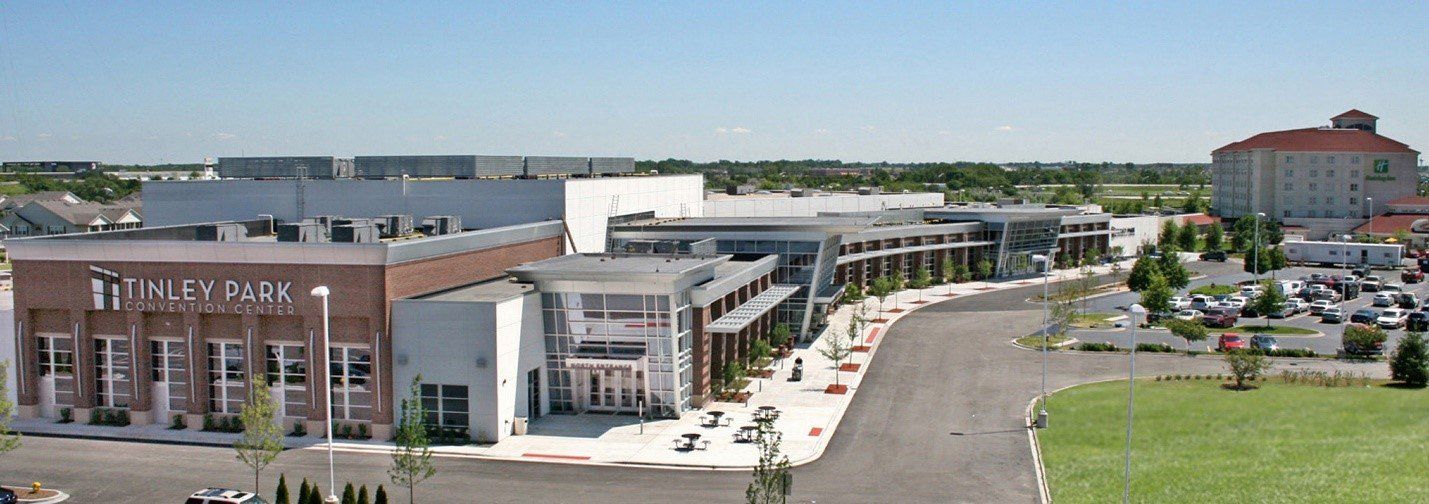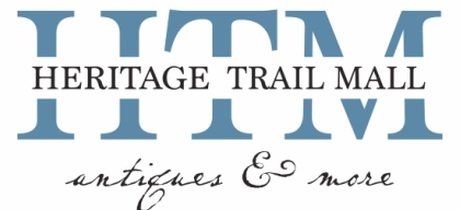
After operating Heritage Trail Mall in Wilmette for 26 years, Lisa’s family business faced a flashpoint. The landlord decided to impose a draconian increase in her rent and other “take it or leave it” options. She could not afford to stay and needed to relocate quickly. Her award-winning multi-vendor wholesale and retail business was extraordinarily popular in Wilmette with thousands of customers patronizing the mall year after year. In fact, it had long been a popular destination for interior designers, set decorators for films, theaters and television. Closing the doors was not an option. After a diligent search of potential places to relocate her business she found the perfect spot at 190 Northfield Rd in Northfield. Yet among the obstacles standing in the way, Lisa needed a text amendment and a special use before she could open her doors. Initially these requests came with some reluctance from Northfield as they cited parking and other land use issues as possible concerns. Undeterred, Lisa decided to move forward. Shortly before the Plan Commission hearing, tragedy struck. Lisa’s husband for over 30 years suddenly died. Nonetheless, she attended the hearing and as the room filled, every person who attended the hearing was there to show their support for her. After a receiving unanimous recommendation, each person in attendance approached Lisa with a hug, a handshake or a gentle embrace. Needless to say, the emotional response was both heartwarming and inspirational. At the last meeting before the “Shelter in Place” order from Governor Pritzker, the Village Board enthusiastically accepted the Plan Commission’s recommendation and adopted the necessary ordinances for Lisa to relocate to Northfield. The new location is a 9,600-square-foot warehouse previously used for Ferrari detailing and storage. Lisa’s proposed mix of uses will be approximately 60% retail and wholesale with the remaining 40% for warehouse/storage and office. The warehouse component of the businesses will be used for storage of goods and will have enough space to store three standard sized motor vehicles. It is expected to generate about $1,000,000 in annual sales comprised of approximately 70% revenue from retail sales and 30% from wholesale sales. Of course, with the current concerns of COVID- 19 it may be several months before the doors open, but during this time Lisa will not rest. She doesn’t rest, she perseveres despite the odds and the adversities. She has a loyal following of customers and vendors counting on her and she intends to make sure they know they have a new “home” to go to. Our office was grateful to have worked with Lisa on this project. She has inspired us and showed us how good will and decency overcomes the challenges we face.
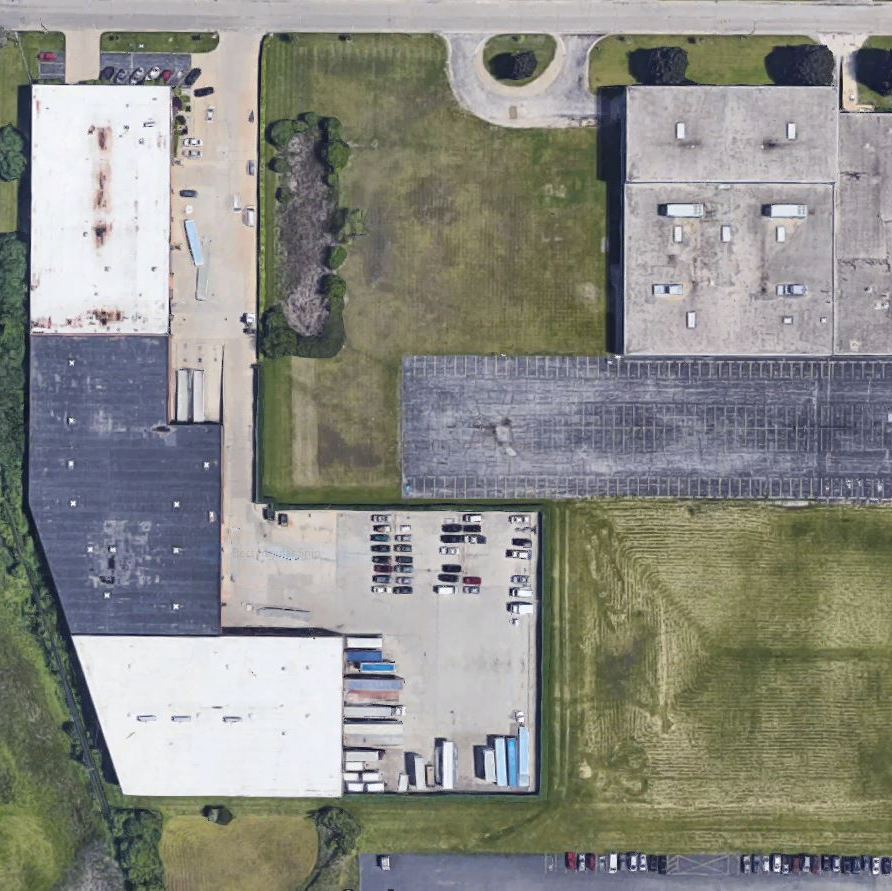
Recently, Shapiro & Associates Law successfully procured several zoning entitlements on behalf of one of its industrial real estate development clients. The entitlements included special uses to permit a mix of heavy motor vehicle-oriented uses on a vacant 102,000 square-foot building formerly occupied by a national beverage company. Specifically, Shapiro & Associates secured a special use for heavy motor vehicle repair, a special use for a truck freight terminal, and a variance to accommodate truck parking and nearby storm water detention. In doing so we were also able to help our client secure approval for an adjacent surface parking lot which will provide 84 semi-truck/trailer parking stalls and 75 standard parking stalls on a 3.4-acre parcel. In all, the building will be converted from a long-standing single-use building to a six-tenant, multi-use industrial building including a warehouse distribution facility, logistics centers and truck maintenance area. Our office worked closely with our client to coordinate a strategy to obtain the entitlements needed to lease the building to multiple users and accommodate truck parking, outdoor storage, shipping, distribution and warehousing. As a result, the new zoning entitlements will allow two long-standing businesses to expand and create up to 85 new full-time jobs in the same community and a long-vacant building will be now be put back into a productive use.
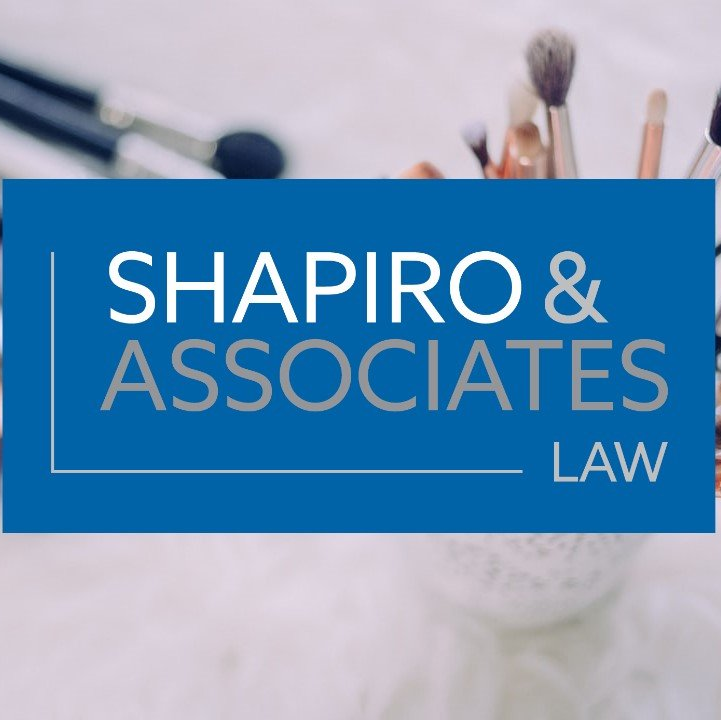
It is not uncommon to find that tattooing or tattoo parlors are effectively banned within many cities, municipalities, and villages, or permitted in restrictive zoning districts. This prohibition exists because these local zoning codes do not define “tattooing”, nor do they include tattooing or tattoo parlors as a permitted and conditional use within their applicable use tables. Generally, if the use (permanent cosmetics) or similar use (tattooing) is not listed as a permitted or conditional use, then that specific use simply not allowed. This was the case for one of Shapiro & Associate’s clients, a highly regarded business owner, and permanent cosmetic technician and instructor, who was experiencing great demand for permanent cosmetics procedures. However, she was effectively prohibited for engaging in these types of procedures because tattooing, of any type, was not an enumerated Use Type within the local municipality’s zoning code. In addition to providing permanent cosmetic procedures, our Client desired to operate a specialty school and training facility for those seeking to become Certified Permanent Cosmetic Professionals. Tattooing: Permanent Cosmetics vs Traditional Body Art Permanent cosmetics, often referred to as permanent makeup , micropigmentation , or microblading , is a cosmetic procedure which generally involves tattooing a highly visible areas of one’s face, such as above the eyes, eyelids, and lips, to enhance or artificially produce certain facial features , such as eyebrows.
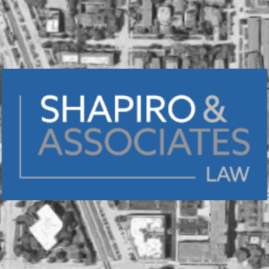
Last month, Shapiro & Associates Law successfully procured Special Use Permits for Religious Assembly and Joint Parking Facilities (SUPs) from a Village located in Cook County (the “Village”) for its client, a business owner and church pastor, after previously receiving recommendations to deny the SUPs from Village’s Staff and Planning and Zoning Commission. What made the matter particularly interesting was that the subject property is owned by a church, and the owner of an art gallery and studio located on the subject property is a Pastor with the church. The matter was further complicated by the fact that the subject property was zoned C-3 Centralized Commercial District, the only existing zoning district on the Village’s zoning map which allows for Religious Assembly as a special use. No other Village zoning district on its map allows for Religious Assembly , (as opposed to a place of worship, such as a church or synagogue) a term defined under the Village of Brookfield’s Zoning Code as “Religious services involving public assembly that customarily occur in churches, synagogues, temples, mosques and other facilities used for religious worship.” Illinois courts have consistently held that the inclusion of a specified use, such as Religious Assembly, as a special use, is equivalent to a legislative finding that the uses are in harmony with the other uses in the district. Further, because the proposed use involves religious assembly, it is therefore subject to, among other federal and state laws, the Religious Land Use and Institutionalized Persons Act (42 U.S.C. 2000cc, et seq. ) (RLUIPA). After a review of the SUPs being sought, and existing Federal and State law, the Village Board ultimately made the appropriate determination to recommend the SUPs. Regardless of the outcome, this is a great example of how the local government approach to land use and zoning is effective and reached the correct determination. Further, it supports a trend of land use that incorporated multiple uses within a single property.

Recently, Shapiro & Associates Law (SAL) successfully procured numerous zoning entitlements for its client which allowed the client to expand its industrial related business on to newly acquired adjacent land and become a legal use under the local zoning code. The matter was further complicated because prior to receiving the necessary zoning approvals, the property was split-zoned and operated under a special use permit which included use definitions which were no longer recognized under the existing zoning code. In order to resolve the client’s zoning and land use issues, SAL rezoned the entire split-zoned property from Transit Oriented Mixed-Use District and I-4 Heavy Industrial District to I-3 General Industrial District. Further, SAL amended the prior special use permit for the property by including three new special use permits for a Heavy Motor Vehicle Repair Facility with Outdoor Storage and a Parking Lot. Since additional land was added to the property, SAL also received approval for a new site plan which included required variances. While the zoning matters could have been rather disruptive to the client’s business operations, SAL worked diligently to ensure the client’s property became legal under the zoning code and that the existing and future property needs and uses were met–all without interruption to the client’s business operations during the entire process.

We are thrilled to introduce Steven Vance and his company, Chicago Cityscape , to our clients and friends. In addition to using Chicago Cityscape’s growing variety of tools to make our practice more efficient for our clients, Shapiro & Associates is excited to begin partnering with Chicago Cityscape to offer preliminary zoning assessments for properties in the North Suburbs . The site brings together data from several official databases into one place. It has a clean look that makes it easy to quickly get vital information about a prospective property. For instance, if you are looking to build a new mixed-use development in Jefferson Park in Chicago you can look up the address or PIN and you’re presented with a wealth of information about zoning, transit-oriented development status, property tax values, and financial incentives. While the site is currently mostly focused on Chicago, many of the features work in suburban Cook County, including property tax values and financial incentives. Going forward, Chicago Cityscape plans to add new features to even more suburbs. Another current feature for suburban developers is the flood guidance feature . Once you look up an address , Chicago Cityscape will say if it’s in a federally-designated flood zone, whether insurance is required for homeowners, and if you’re developing in the Metropolitan Water Reclamation District’s area that requires special permits. Chicago Cityscape also has a legal notices feature for all of Cook County that will assist those who do their own searches for nearby property owners. Look up the subject property and then you can easily get the taxpayer’s name and mailing address in a spreadsheet to turn into a mail merge. Stay tuned for more features as Chicago Cityscape continues its expansion into the suburbs.

